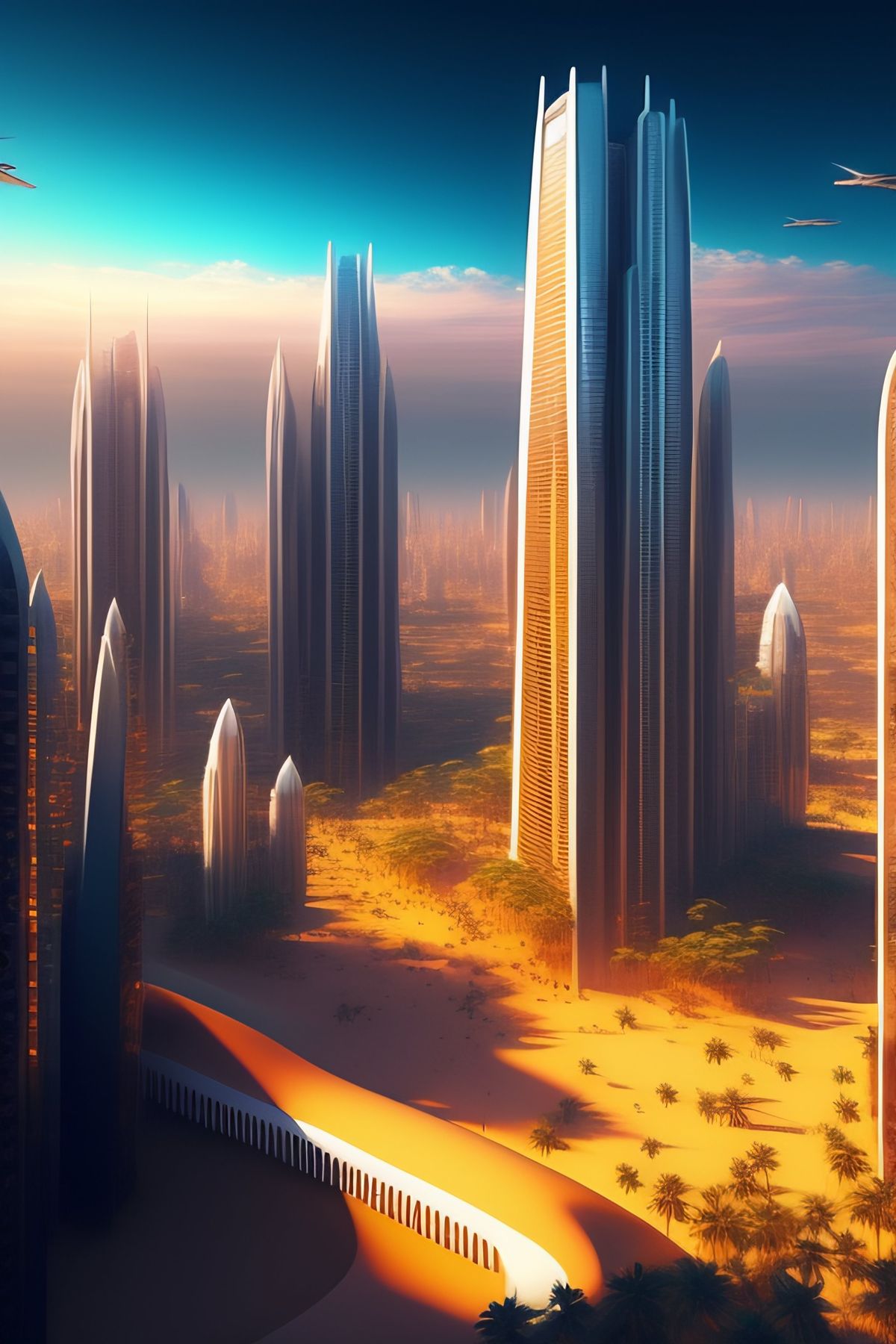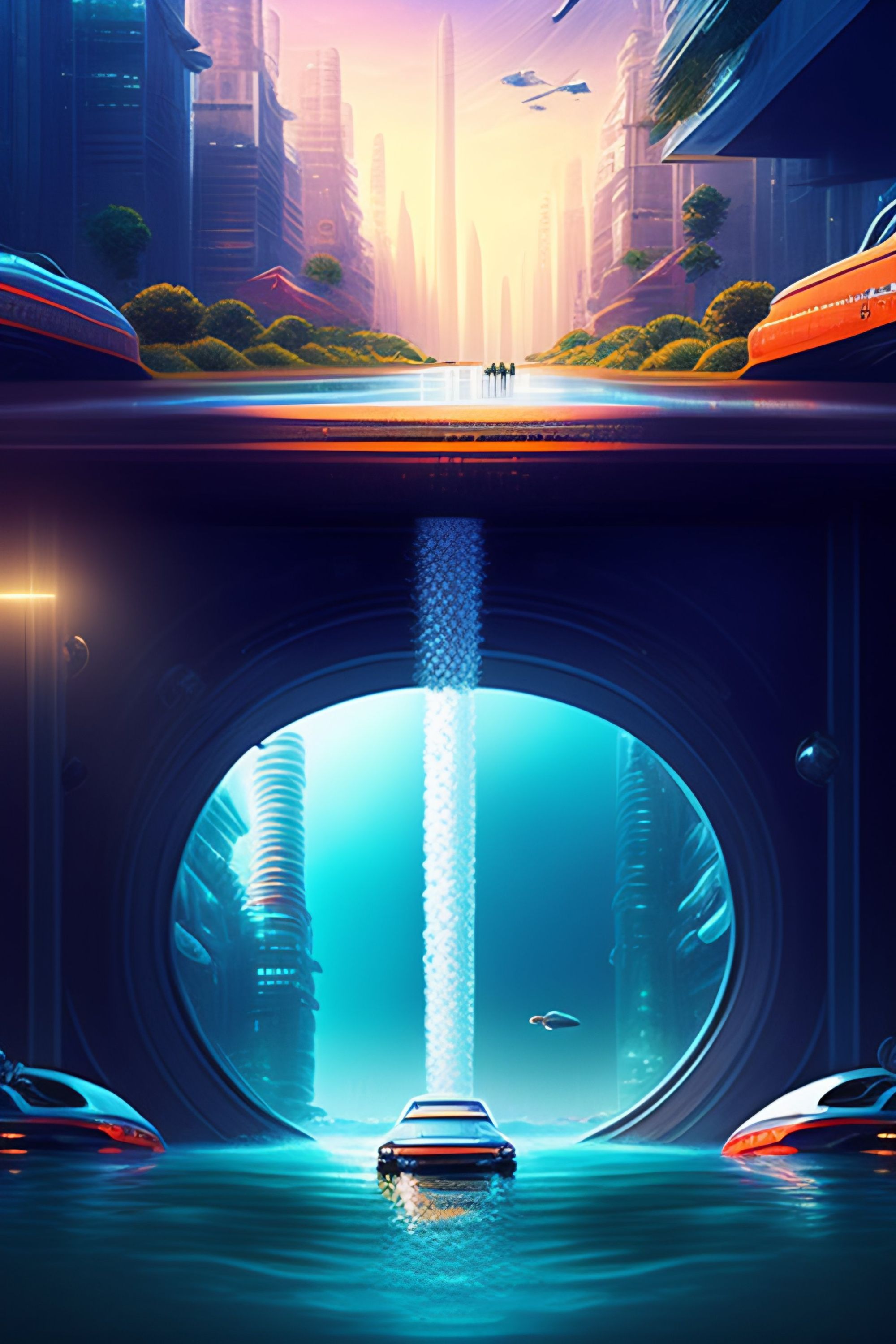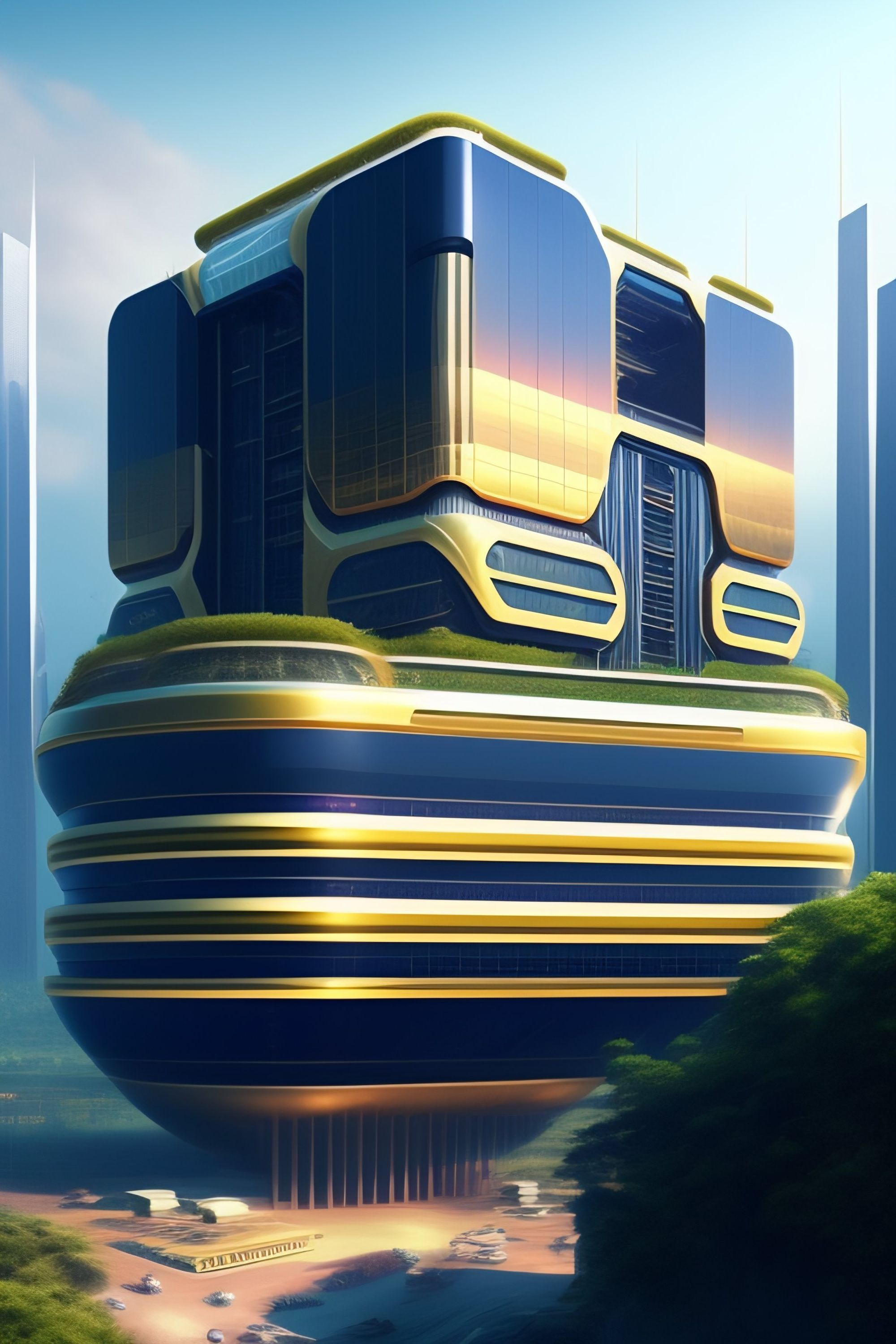What will life be like in 2100?
As technology continues to advance, the line between the physical and virtual worlds will become increasingly blurred.

Imagine a world where technology has advanced to unimaginable heights, where artificial intelligence is integrated into every aspect of our lives, and where the boundaries between the physical and virtual worlds have blurred.
Digital Marketing Legend "Srinidhi Ranganathan" - the man, the myth, the legend speaking and this is the world that awaits us in 2100.
As we look ahead to the future, it is both exciting and daunting to consider what life will be like in the next century. In this article, we will explore some of the potential changes and challenges that await us in the year 2100.
One of the most significant changes we can expect to see in 2100 is the widespread adoption of artificial intelligence (AI). AI has already made significant strides in recent years, and by 2100, it is likely to be an integral part of our daily lives.
From self-driving cars to smart homes that anticipate our needs, AI will revolutionize the way we live, work, and interact with the world around us.
In the year 2100, it is also likely that we will have made significant progress in the field of healthcare. Advances in medical technology will enable us to live longer, healthier lives.
Diseases that were once considered incurable may become a thing of the past, thanks to breakthroughs in genetic engineering and regenerative medicine.
With the ability to edit our own DNA, we may even be able to eliminate certain hereditary diseases altogether.
Another area that will see significant changes in 2100 is transportation. With the development of hyperloop technology and the widespread use of electric and autonomous vehicles, commuting will become faster, safer, and more efficient.
The concept of a "rush hour" may become obsolete as traffic congestion is minimized and travel times are drastically reduced. Additionally, the rise of vertical cities and the use of drones for transportation will transform the way we navigate our urban environments.

As technology continues to advance, the line between the physical and virtual worlds will become increasingly blurred. Virtual reality (VR) and augmented reality (AR) will become an integral part of our daily lives, transforming the way we work, learn, and entertain ourselves.
Imagine attending a meeting in a virtual boardroom, exploring ancient civilizations through immersive VR experiences, or playing sports with virtual teammates from around the world. The possibilities are endless.
However, with these advancements also come challenges. As AI becomes more integrated into our lives, there will be concerns about privacy and security. How do we ensure that our personal information is protected in a world where AI knows more about us than we do ourselves?
Additionally, there will be ethical questions surrounding the use of AI in decision-making processes. How do we ensure that AI algorithms are fair and unbiased? These are questions that we must grapple with as we navigate the future.
Another challenge that we will face in 2100 is the impact of climate change. If we do not take immediate action to reduce greenhouse gas emissions and mitigate the effects of climate change, we may be facing a world of extreme weather events, rising sea levels, and food and water shortages.
The consequences of inaction are dire, and it is up to us to take responsibility for the future of our planet.
In conclusion, life in 2100 will be vastly different from what we know today. Advances in technology, healthcare, and transportation will revolutionize the way we live, work, and interact with the world around us.
However, with these advancements also come challenges that we must address. It is up to us to ensure that the future is one that is sustainable, equitable, and inclusive. As we look ahead to the next century, let us embrace the possibilities and work together to create a better world for future generations.





